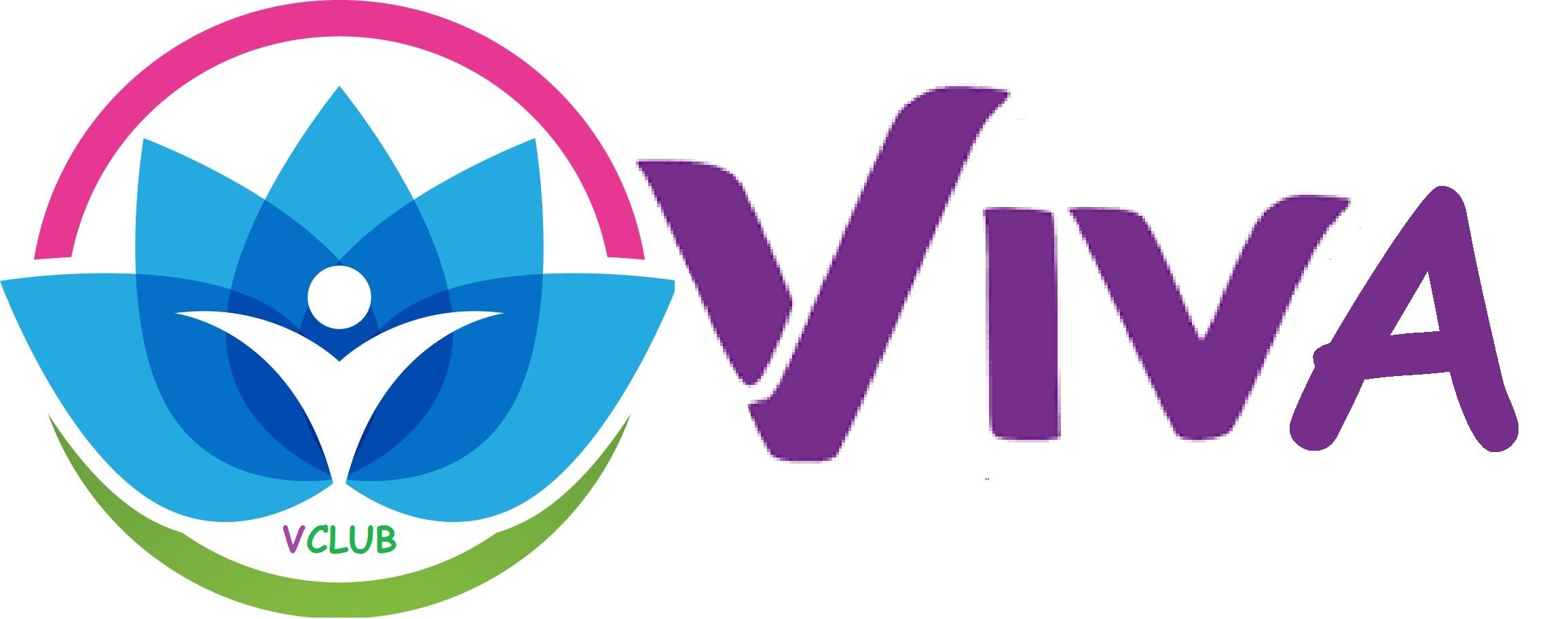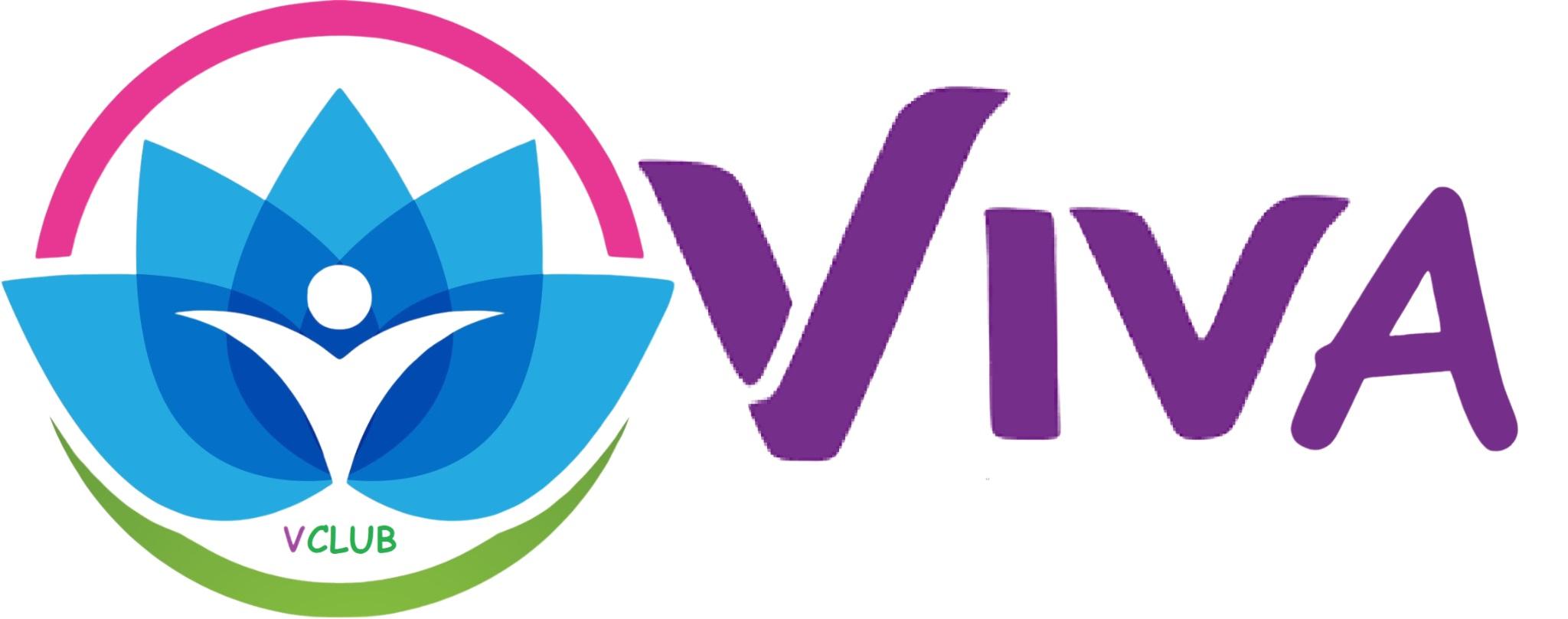Reverse osmosis systems Innovations Ensuring High-Quality Water Purification
Reverse Osmosis Systems are widely used in commercial water filtration due to their effectiveness in removing contaminants from water. The demand for reverse osmosis systems is increasing as businesses prioritize high-quality water for drinking and operational purposes. These systems are particularly popular in industries such as food and beverage, pharmaceuticals, and hospitality, where water quality is paramount.
The Commercial Water Filter Market has experienced rapid growth, driven by rising concerns about water quality in commercial establishments such as hotels, restaurants, hospitals, and industrial facilities. Contaminants such as sediment, chlorine, heavy metals, bacteria, and viruses pose health risks and can affect equipment performance. Commercial water filters, including reverse osmosis units, activated carbon filters, and UV sterilizers, provide reliable solutions to ensure safe and clean water. The increasing demand for purified water for drinking, cooking, and industrial processes is driving market expansion globally.
Key Market Drivers
The rising awareness of waterborne diseases, regulatory requirements for clean water in commercial establishments, and increasing consumer expectations for high-quality water are major market drivers. In industries such as hospitality, healthcare, and food & beverage, water filtration ensures safety, taste, and compliance with health standards. Additionally, growing investments in commercial infrastructure and urban development are stimulating demand for advanced water filtration systems.
Technological Advancements
Technological innovations are reshaping the commercial water filter market. Advanced filtration methods like nanofiltration, UV purification, and ultrafiltration improve water quality and reduce maintenance costs. Smart filters with sensors can detect filter clogging, water quality levels, and usage patterns, allowing timely replacement and operational efficiency. Moreover, eco-friendly and sustainable filters made from biodegradable or recyclable materials are gaining traction due to environmental awareness.
Regional Insights
North America dominates the commercial water filter market, driven by strict regulations, high awareness, and widespread adoption in commercial establishments. Europe is also a significant market, with increasing emphasis on sustainability and energy-efficient water filtration systems. The Asia-Pacific region is witnessing rapid growth due to rising industrialization, urbanization, and increasing hospitality and healthcare infrastructure. Middle East & Africa and Latin America are expected to experience moderate growth, supported by investments in commercial and industrial water treatment facilities.
Challenges
High installation and maintenance costs of advanced filtration systems can limit adoption, particularly in small and medium-sized enterprises. Additionally, competition from alternative water purification solutions such as bottled water and point-of-use dispensers may impact market growth. Ensuring consistent filter performance and adhering to maintenance schedules can also be a challenge in large-scale commercial applications.
Future Outlook
The market for commercial water filters is projected to grow steadily due to ongoing urbanization, stricter water quality regulations, and growing demand for safe drinking water. Companies focusing on smart, low-maintenance, and sustainable solutions are likely to lead the market. Subscription models for filter replacement and digital monitoring systems are expected to enhance customer convenience and drive market growth further.
FAQs
Q1: What types of commercial water filters are commonly used?
A1: Common types include activated carbon filters, reverse osmosis systems, UV sterilizers, and ultrafiltration units, each suited for specific applications.
Q2: How often should commercial water filters be replaced?
A2: Filter replacement depends on water quality and usage but generally ranges from 3 months to 2 years for different filter types.
Q3: Can commercial filters remove all contaminants?
A3: While advanced filters remove most impurities, certain chemical contaminants may require specialized filtration or multi-stage systems.
- Art
- Causes
- Crafts
- Dance
- Drinks
- Film
- Fitness
- Food
- Spiele
- Gardening
- Health
- Startseite
- Literature
- Music
- Networking
- Andere
- Party
- Religion
- Shopping
- Sports
- Theater
- Wellness



